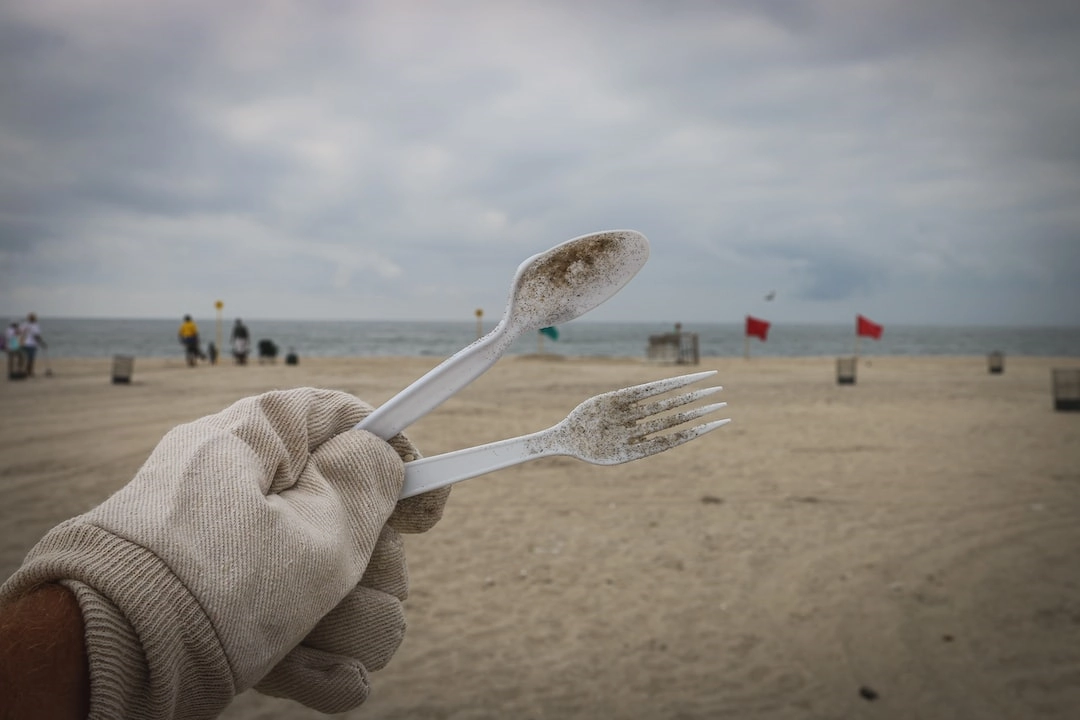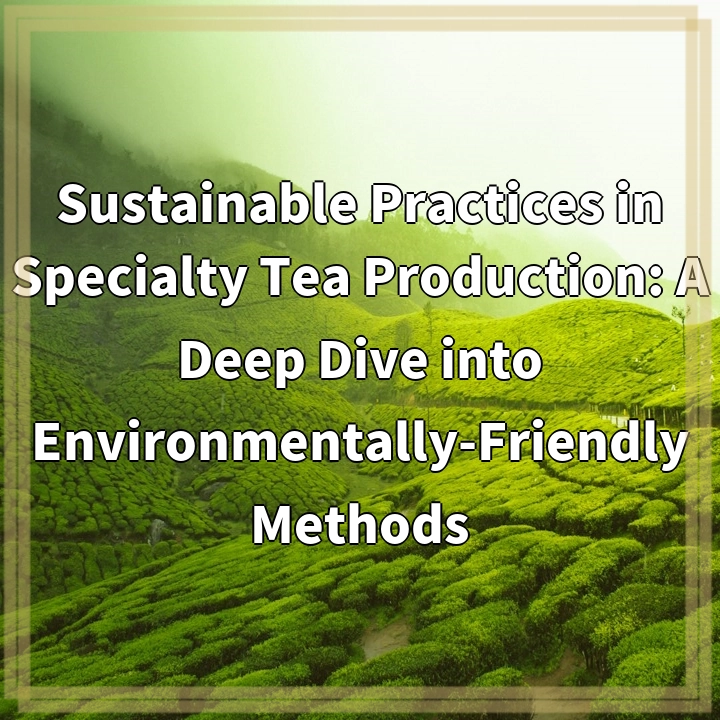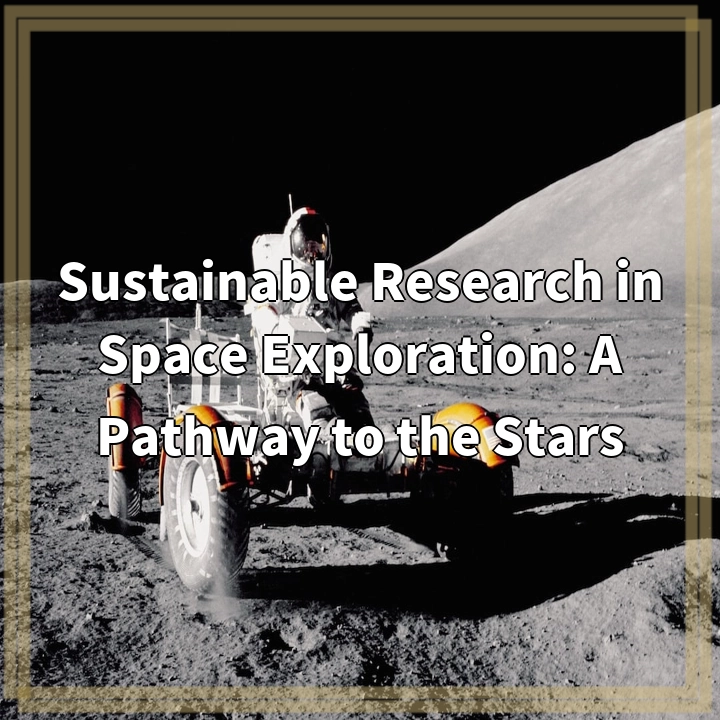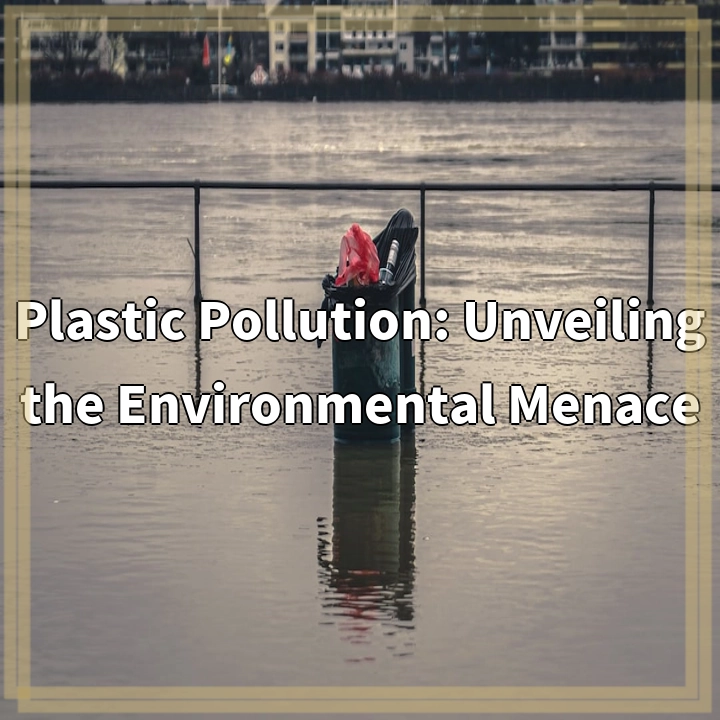
What is Plastic Pollution?
Plastic pollution refers to the accumulation of plastic waste in the environment that poses a significant threat to our ecosystems and human health. It occurs when plastic materials, such as bottles, bags, and microplastics, are improperly disposed of and end up in our oceans, rivers, and landfills.
Real-World Problems Associated with Plastic Pollution
Plastic pollution has become a pressing environmental issue with far-reaching consequences. Here are some of the real-world problems associated with plastic pollution:
1. Impact on Marine Ecosystems
Plastic waste in our oceans is leading to the destruction of marine ecosystems. Marine animals mistakenly ingest plastic or become entangled, resulting in injury or death. Additionally, plastic pollution disrupts the food chain, as smaller organisms consume microplastics, which then accumulate up the food web.
2. Threat to Wildlife
Land-dwelling animals and birds also suffer from the effects of plastic pollution. Animals can get trapped or injured by plastic debris, and plastic ingestion can lead to blockage in their digestive systems or poisoning. Plastic pollution poses a particularly significant threat to endangered species.
3. Pollution of Freshwater Sources
Plastic waste that ends up in rivers and lakes not only harms aquatic life but also contaminates freshwater sources. It affects water quality, making it unsafe for human consumption and agricultural use. The pollution of freshwater sources exacerbates the global water crisis.
4. Microplastics’ Impact on Human Health
Microplastics, small plastic particles less than 5mm in size, have made their way into our food chain and drinking water. Consuming microplastics has been linked to various health risks, including hormone disruption, reproductive issues, and potential long-term effects on overall human health.
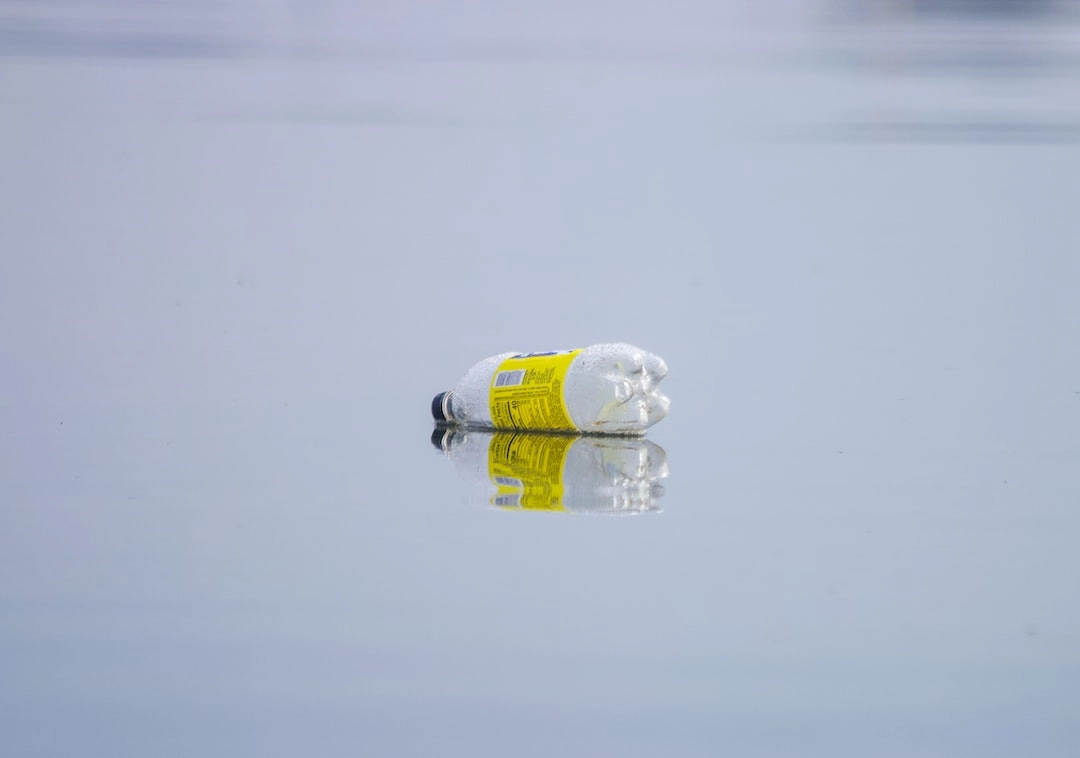
Solutions to Plastic Pollution
Addressing plastic pollution requires a multifaceted approach involving individuals, industries, and governments. Here are some solutions to combat plastic pollution:
1. Reduce Single-Use Plastics
Encourage the use of alternatives to single-use plastics, such as reusable shopping bags, water bottles, and utensils. Support businesses that offer eco-friendly packaging and advocate for policies that limit the production and consumption of single-use plastics.
2. Improve Waste Management Systems
Invest in effective waste management systems, including recycling infrastructure and proper disposal facilities. Promote community recycling programs and educate the public about the importance of recycling and proper waste disposal.
3. Encourage Responsible Production
Hold manufacturers accountable for the production of plastic products by promoting sustainable and recyclable materials. Support the development of innovative technologies that contribute to a circular economy, where plastic waste is reduced, reused, and recycled.
4. Raise Awareness and Education
Education plays a vital role in tackling plastic pollution. Raise awareness about the environmental impact of plastic pollution through campaigns, school programs, and social media. Encourage individuals to make conscious choices and adopt environmentally friendly practices in their daily lives.
